The World Where We Live: Malawi
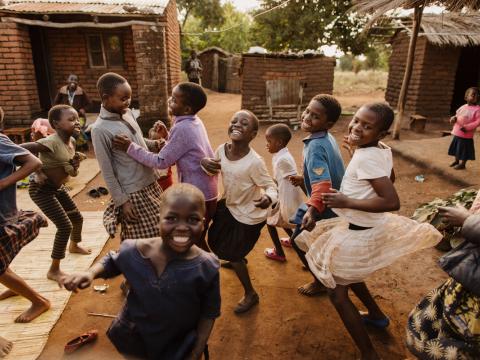
It’s one of the smallest and most densely populated countries in Africa. More than one-fifth of the country is occupied by a huge freshwater lake with hundreds of unique fish species. And it’s where more than 100,000 sponsored children live and thrive. This is Malawi, the warm heart of Africa!
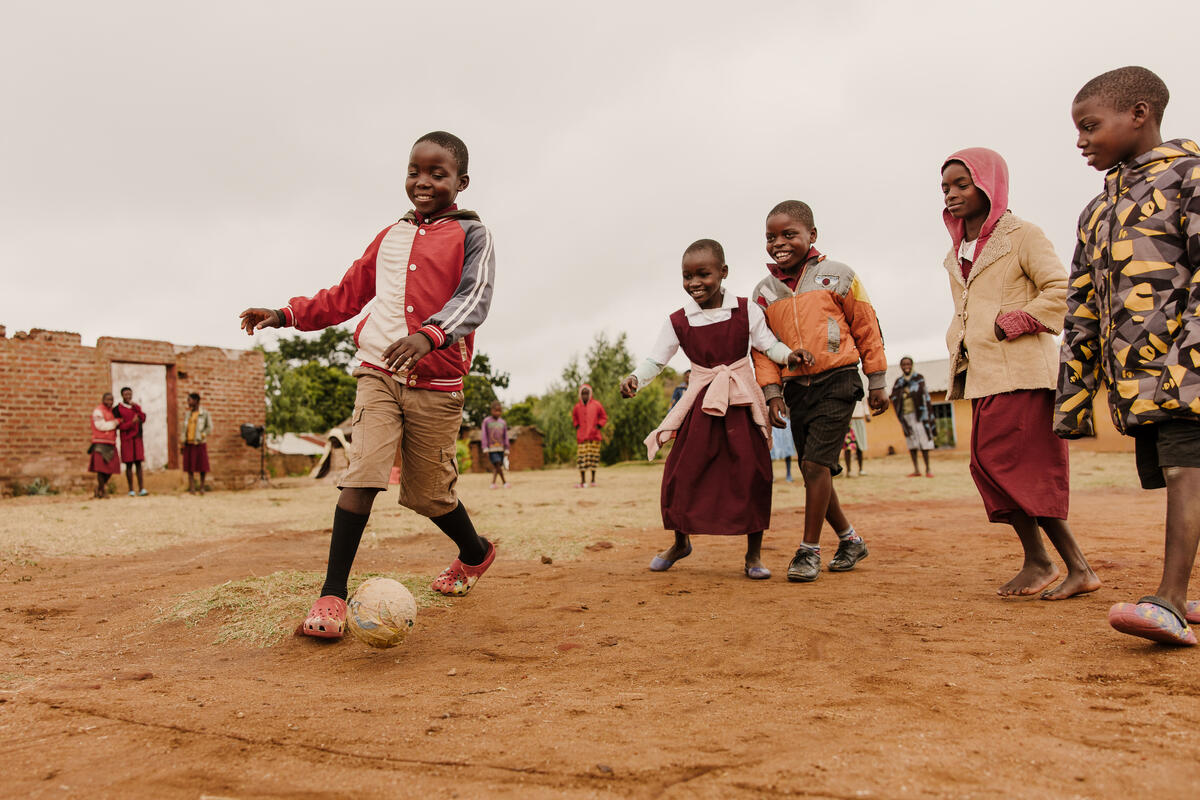
Football is the national obsession! Kids play it whenever they can, even when the only ball available is homemade. The Malawi national team has qualified for the Africa Cup of Nations three times, and won the regional CECAFA Cup – the oldest football tournament in Africa – in 1978, 1979 and 1988.
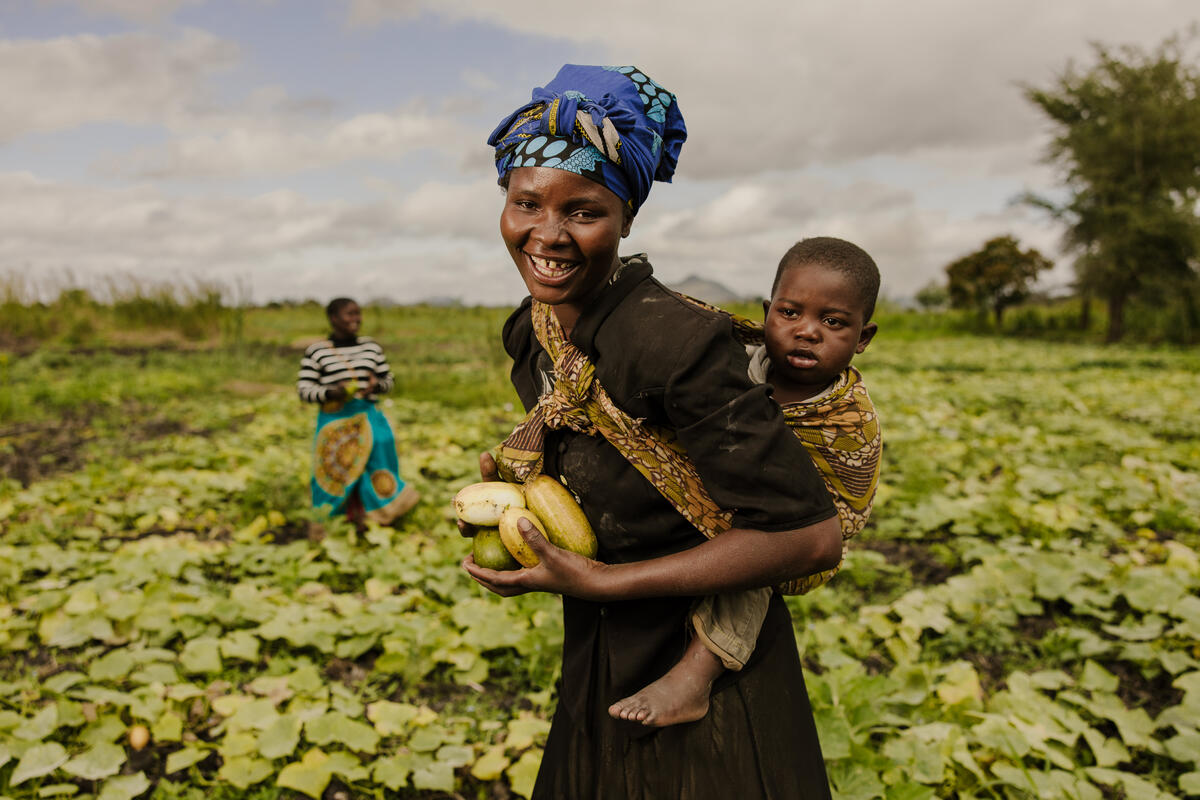
About 80% of Malawi’s 20.5 million people are farmers. Most farmers grow maize (aka corn) to feed their families, but often find themselves at the mercy of droughts, floods, pests and diseases. That’s why child sponsors are helping provide drought-resistant crops such as cassava, groundnuts (like peanuts), peas, potatoes and beans and training on climate smart agriculture techniques – they help farmers to provide a more diverse diet for their children and be more resilient to climate shocks.
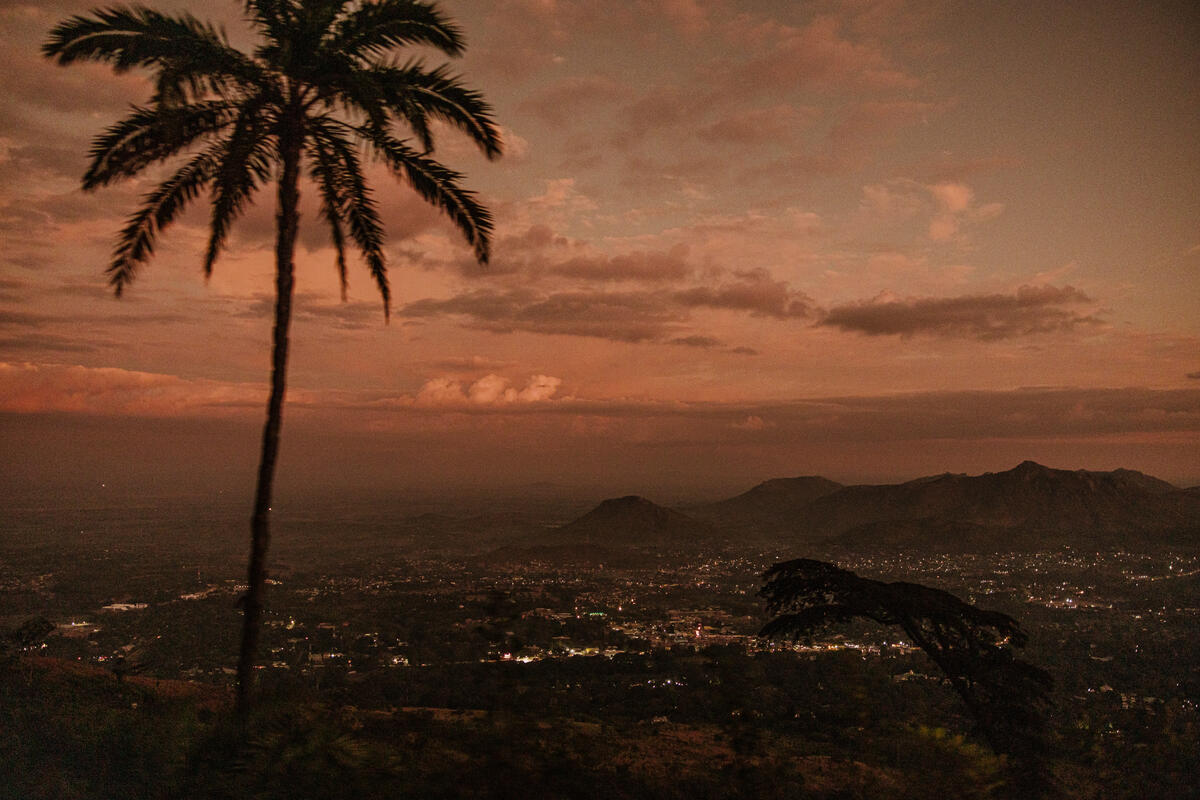
Malawi’s tropical climate sees lots of thunderstorms during the warm wet summers, with up to 2.3 metres of rain each year. The winters are cooler and dry, especially in the highlands west of Lake Malawi. In the winter, mists float from the highlands up to the plateaus.
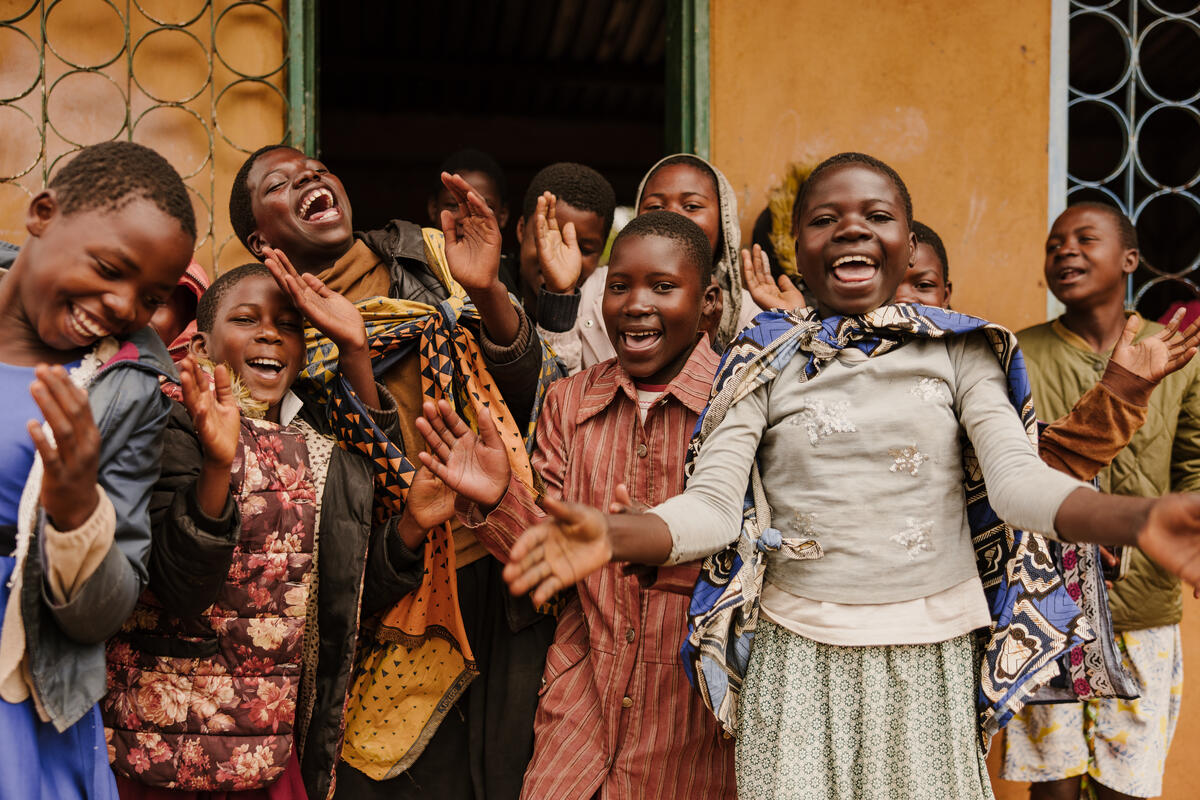
In rural areas, women wear traditional wrapped skirts made of colourful batik patterned cotton known as the chitenje (wrapper). Chitenje can also be used as capes, blankets, baby slings, bags, and a myriad of other things – they’re the ultimate wardrobe essential!
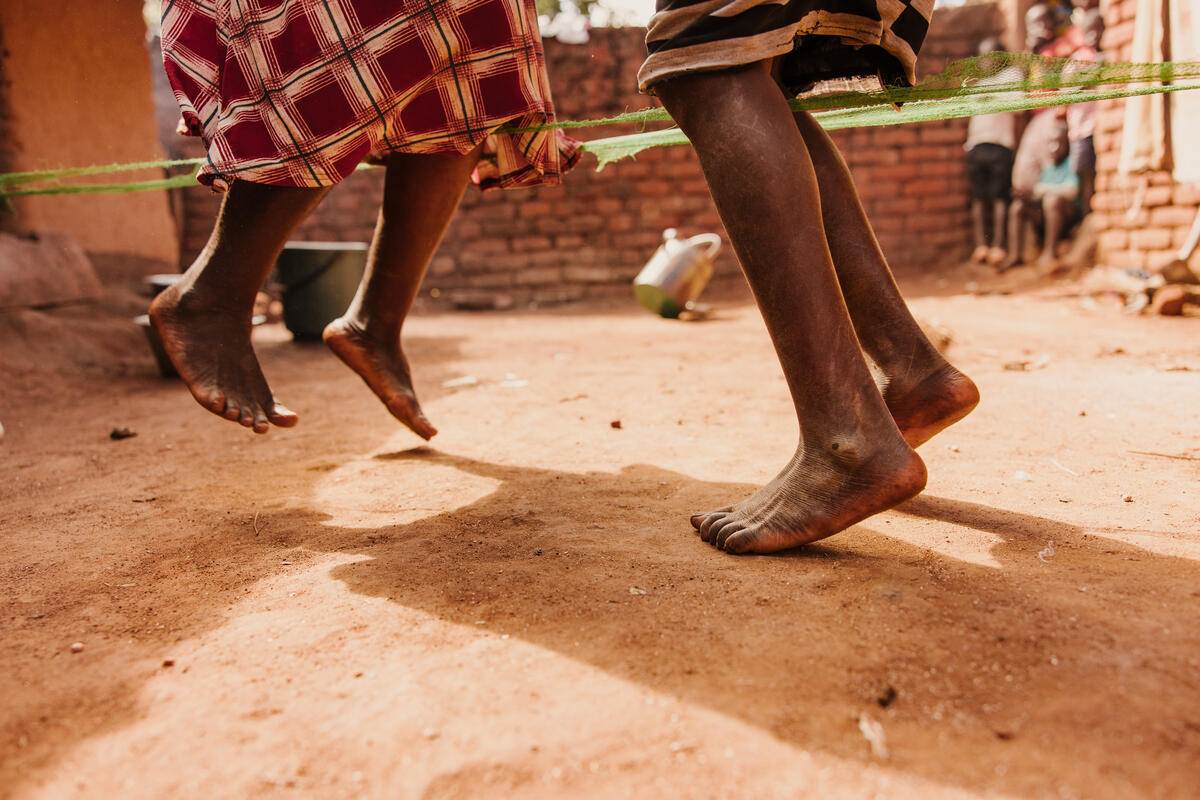
Life in many villages looks as it has for generations – water is carried from a well, beans that are hand-grown, picked and prepared are a staple, homes are made from mudbricks, and cattle and goats roam the hillsides grazing with boys following along. Gender norms have been slow to change too – more than 40% of girls in Malawi are married before they turn 18, cutting short their education and limiting their opportunities. Child sponsors are supporting girls to go to school, learn about their rights, and make choices about their future.
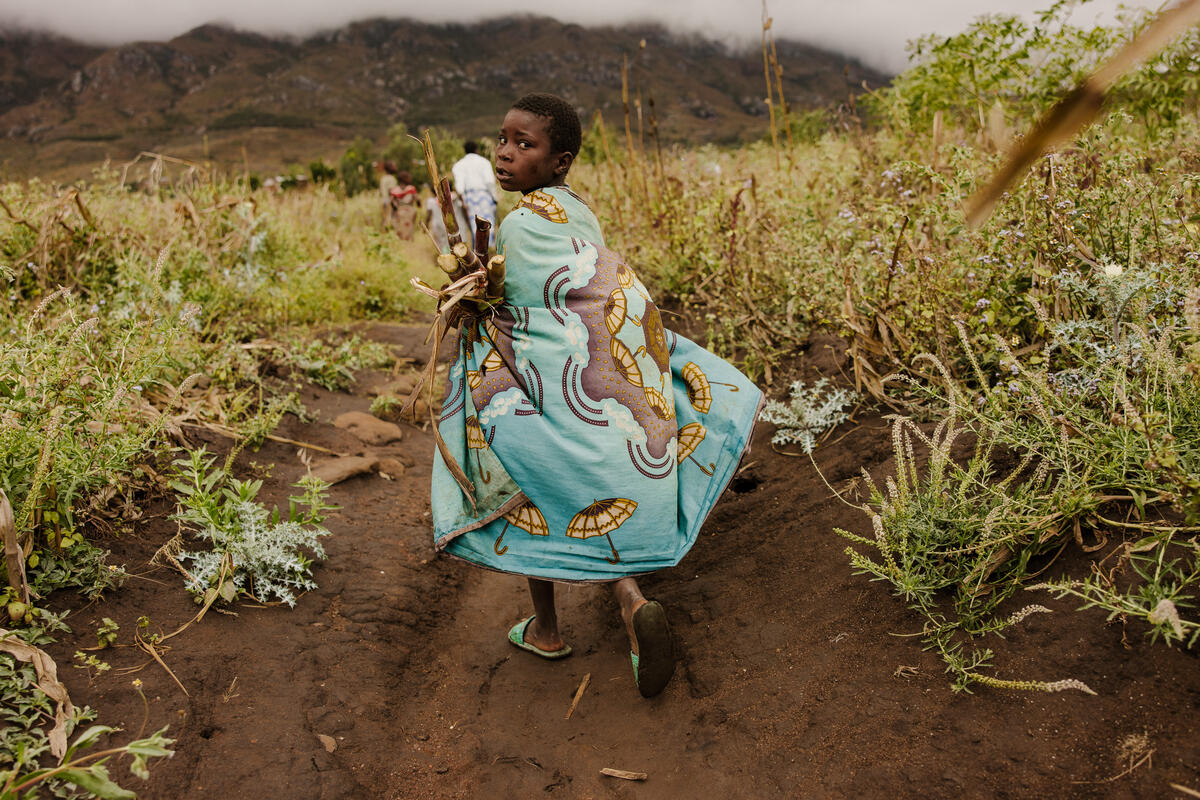
Almost 9 in 10 people in Malawi use firewood for cooking and heating. The demand for firewood and charcoal is bad news for local forests, especially in rural areas that don’t have access to electricity and huge areas are being stripped of trees. The good news is that many local farmers are now discovering the economic as well as environmental benefits of growing forests with help from World Vision’s Farmer Managed Natural Regeneration process, which trains communities how to revegetate bushland in their area by nurturing the seeds and tree stock already in the ground, and harness their natural resources to create incomes through honey production and other agro-businesses.
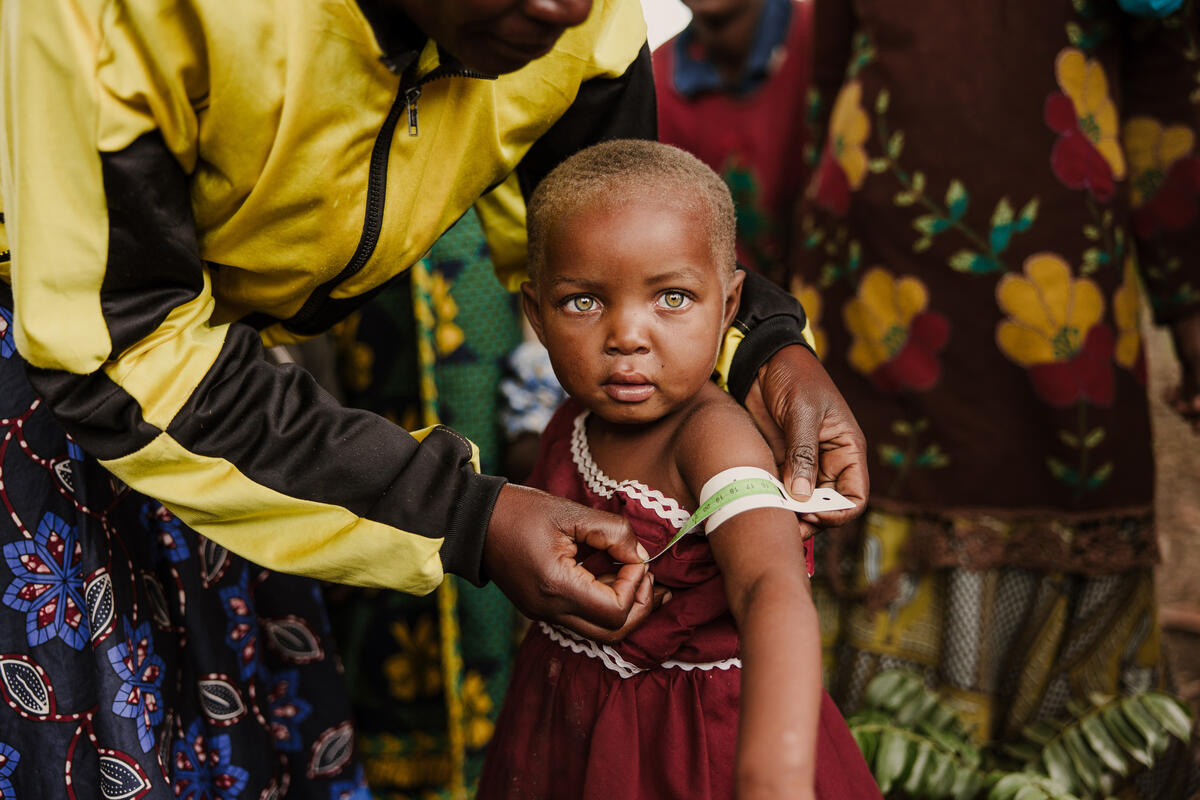
For a child born in Malawi, which is one of the poorest countries in Africa, growing up healthy can be a significant challenge. More than 37% of children have stunted growth, which means they are too short for their age. This impacts their physical and mental development, which in turn affects their ability to learn at school and their future income earning potential. The child sponsorship programme help mothers to raise healthy kids, teaching them how to do a simple arm check using a coloured tape to find out if their child is growing healthy, and how to use affordable, local ingredients to cook meals with the nutrition children need.
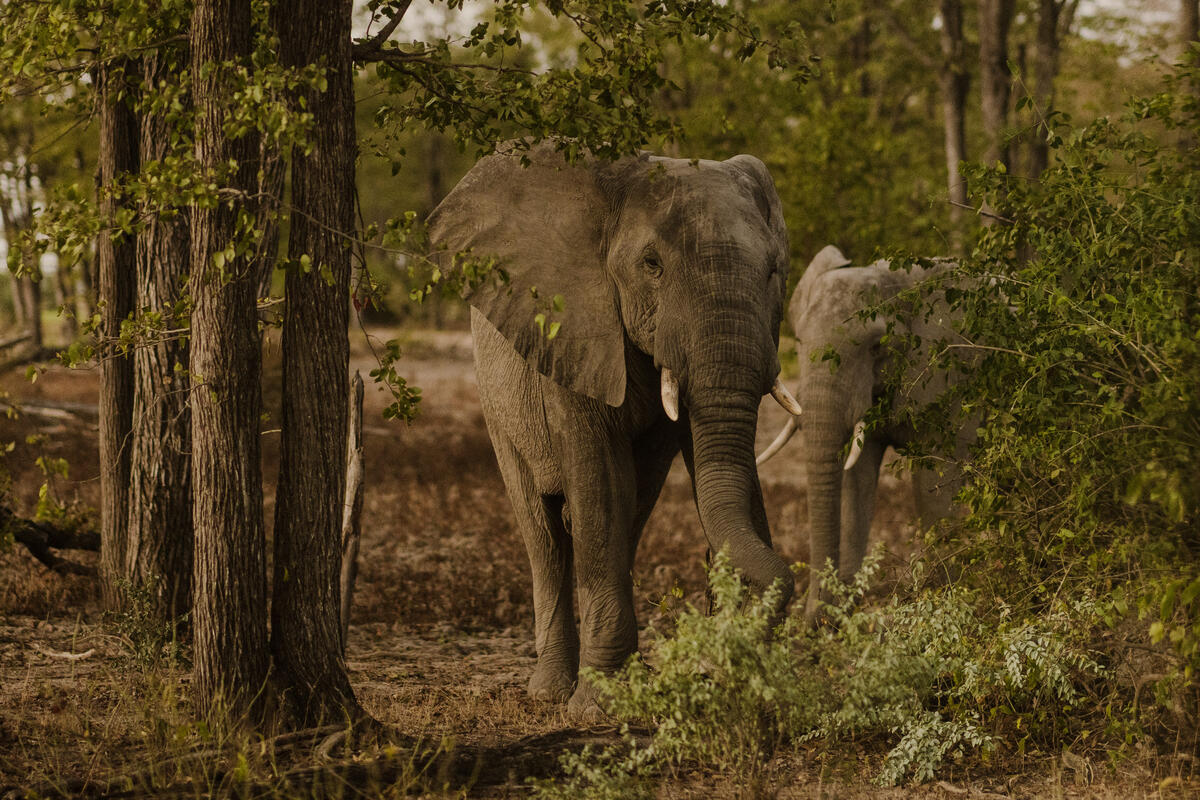
They’re back! After decades of poaching had sent local wildlife populations plummeting, in 2003 Malawi successfully reintroduced African elephants, lions and cheetahs into Majete Wildlife Reserve. Today, the wildlife here is flourishing, and the reserve is an important part of the local economy.
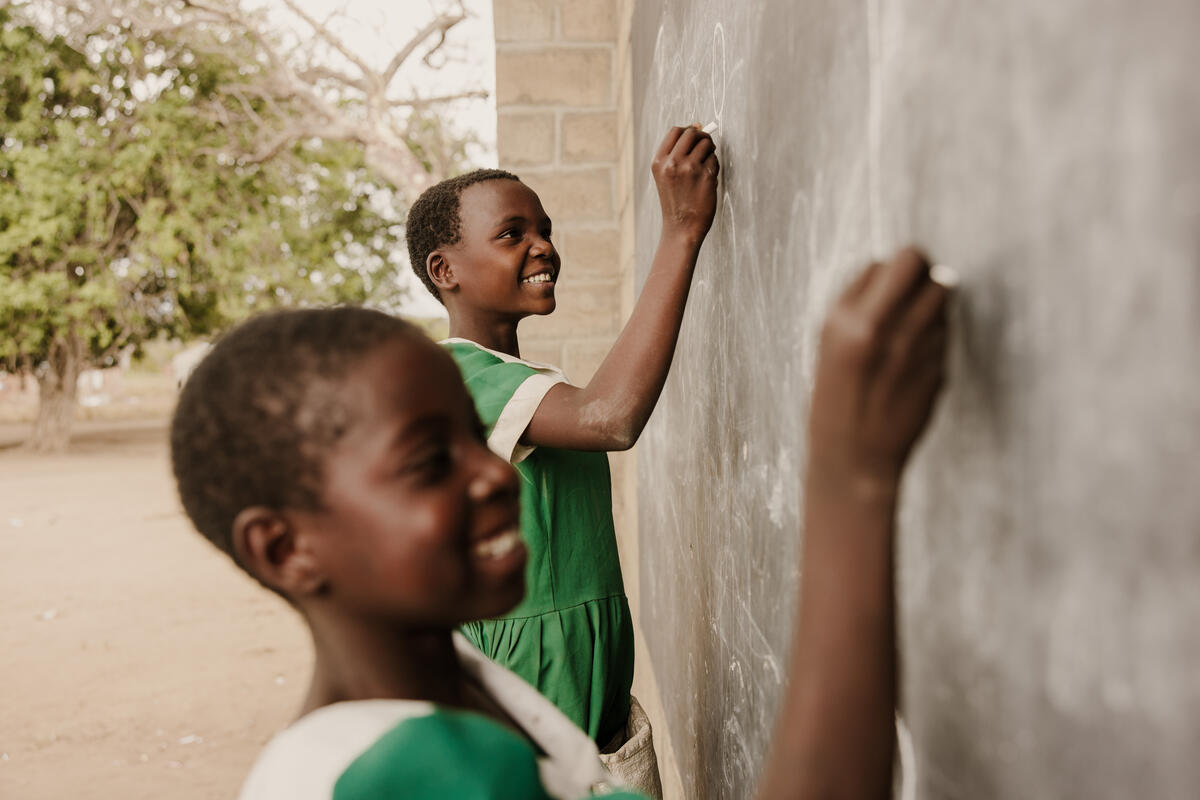
While more than 90% of children start primary school in Malawi, only 53% complete it and just 37% go to high school. In rural areas, it’s not uncommon for classrooms to have 100 children to just one teacher, and be missing desks, chairs, textbook or chalkboards. Child sponsors are partnering with local communities to equip schools with toilets, clean water and electricity, as well as learning equipment and supplies.
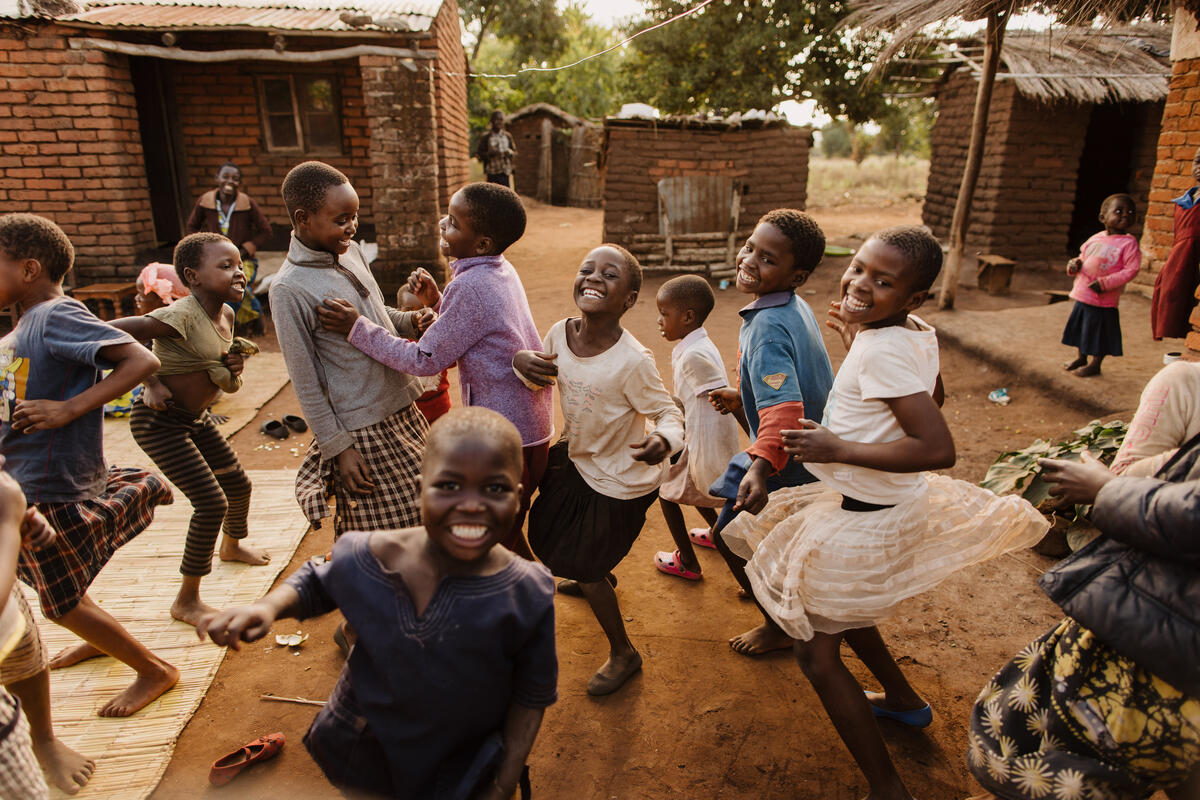
There is a saying in Malawi: “Mwana wa nzako, ndiwako yemwe, ukachenjera manja udya naye.” (A neighbour’s child is yours too, treat them well – they’ll remember you.) World Vision has been partnering children and families in Malawi since 1982, in 195 areas. Child sponsors are supporting communities to improve children’s access to education, improved water, nutrition and sanitation, safety, economic security, and disaster relief.
Child sponsorship – partnering with children and communities to break the cycle of poverty in over 1250 communities in this big, beautiful world.